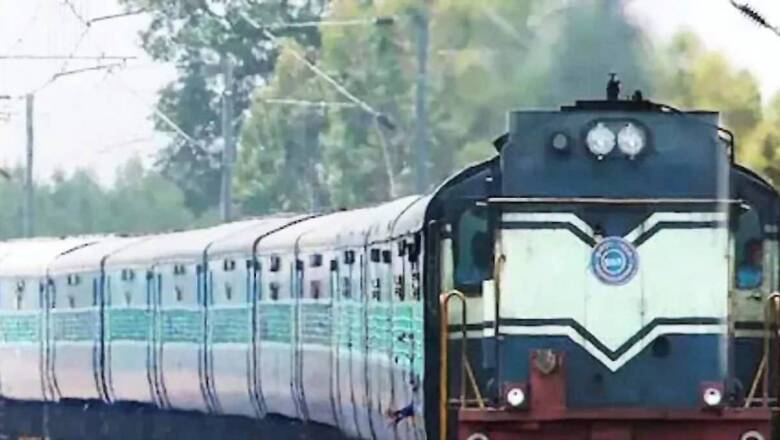
views
India stopped presenting a separate Railway Budget in 2017 after the Union Cabinet approved its merger with the General Budget in 2016. This decision ended the 92-year-old practice of having a distinct Railway Budget, incorporating railway proposals into the General Budget instead.
“We are merging the Union Budget with the Railway Budget. There will be only one budget. The functional autonomy of the Railway will be maintained,” the then Union Finance Minister, the late Arun Jaitley, had said.
He also mentioned that the Debroy panel had recommended the merger of the Rail Budget with the General Budget.
Do you know why the almost century-old practice of presenting a separate Railway Budget, which started in 1924, was discontinued?
In 2017, the Railway Budget was merged with the General Budget for the first time, and this practice continues today.
A recommendation from a Niti Aayog commission called for ending the distinct Railway Budget. Suresh Prabhu, who was the Railway Minister at the time, received the recommendation and requested in a letter to the late Arun Jaitley to combine the Railway and Union Budgets for the benefit of the Indian economy and the Railways.
his proposal was raised by Arun Jaitley in the Rajya Sabha in 2016, leading to the creation of a special committee to plan the unification of the two budgets.
The British government’s colonial-era policy, based on the Acworth Committee’s recommendations, mandated the presentation of a separate Railway Budget.
When the first Railway Budget was published in 1924, it required more money than India spent on all other administrative components combined. This policy also aimed to protect foreign investments, particularly British investments in Indian railways.
The Rail Budget is no longer presented separately in India for several reasons:
Integration with General Budget:
This was done to streamline the budgeting process and make it more efficient. A separate Rail Budget was considered an outdated practice that created unnecessary complexities.
Financial Health
The merger aimed to improve the financial health of the Indian Railways. The Railways often had to bear populist measures, such as new railway lines and passenger amenities, which were not always financially viable. Integrating the budgets helps in better allocation and management of resources.
Long-Term Planning
A unified budget allows for better long-term planning and investment in infrastructure. It enables a more holistic approach to the development of transportation infrastructure, aligning the priorities of the Railways with the broader economic goals of the country.
Efficiency and Accountability
Combining the Rail Budget with the General Budget increases transparency and accountability. It ensures that railway finances are scrutinised along with other sectors, leading to more disciplined financial management.
Policy Coordination
The merger facilitates better coordination between the Railways and other modes of transport, such as roads and waterways, promoting integrated transport policies.
Union Budget 2024 Date:
The Union Budget 2024 will be presented on July 23, 2024.




















Comments
0 comment